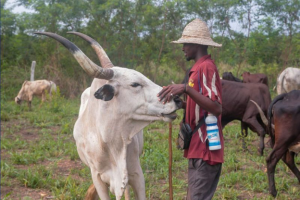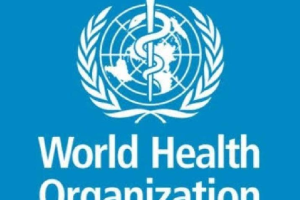BY STAFF REPORTER
ADDIS ABABA – Surgical operation for COVID positive patients should be delayed by at least 7 weeks to reduce the possibility of death, according to an international study.
COVIDSurg collaborative international multicentre prospective cohort study was conducted last October 2020, which showed increased mortality and pulmonary complications of surgical patients operated within six weeks of infection.
Researchers from the University of Birmingham, UK, led the study internationally. More than 140,727 patient data was collected by 15,000 researcher surgeons in 116 countries worldwide.
Ethiopia played a significant role in this study’s success, incorporating 24 hospitals organized by hospital leads and three national research leads namely Dr Mengistu Gebreyohanes, from Hawassa University Comprehensive Specialized Hospital, Hawassa University; Dr Samuel Hailu, from Tikur Anbessa (Black Lion) Specialized Hospital, Addis Ababa University, and Dr Hailu Dhufera from FMOH.
Dr Mengistu highlighted the involvement of more than 160 surgeons in the study to collect more than 1,707 patients’ data from Ethiopia.
According to this COVIDSurg collaborative study, surgery should be delayed for seven weeks after a positive patient COVID-19 result. Operations were undertaken up to six weeks after diagnosis is associated with an increased risk of death. Researchers discovered that patients are more than 2.5 times more likely to die after their operations if the procedure occurs in the first six weeks following a positive diagnosis for SARS-CoV-2.
This conclusion is made based on many patients’ data, including Ethiopian patients, which creates one of the world’s largest and broadest studies on surgery. Dr Dmitri Nepogodiev, one of the international organizers, commented: “We recommend that whenever possible surgery should be delayed for at least seven weeks after a positive SARS-CoV-2 test result, or until symptoms resolve if patients have ongoing symptoms for seven weeks or more after diagnosis.”
One of the Ethiopian national lead Dr Samuel Hailu from Addis Ababa University, added: “Decisions regarding delaying surgery following SARS-CoV-2 diagnosis should be tailored for each patient. The possible advantages of a seven-week delay need to be balanced with the potential risks of delay. For some urgent surgeries like advanced tumour surgery, open fracture and selected closed fractures, neurotrauma, and some life-threatening condition, surgeons and patients need to discuss and decide the benefit and risks of delay.”
While it is known that infection with SARS- CoV-2 during surgery increases mortality and international guidelines recommend surgery should be delayed for patients testing positive for COVID-19, there is little evidence regarding the optimal duration of the delay.
According to this current study, adjusted 30-day mortality in patients who did not have SARS-CoV-2 infection was 1.5 per cent. The death rate, however, significantly increased in patients operated at 0-2 weeks (4.0 per cent), 3-4 weeks (4.0 per cent), and 5-6 weeks (3.6 per cent). The mortality of patients who were operated on at 7-8 weeks was 1.5 per cent after SARS-CoV-2 diagnosis, which was equivalent to that of non-COVID patients.
Generally, these findings were consistent across age groups, differing severity of the patient’s condition, the urgency of surgery, grade of surgery, and sensitivity analyses for elective surgery. Following a delay of seven weeks or more, patients with ongoing COVID-19 symptoms (6.0 per cent) had higher mortality than patients whose symptoms had resolved (2.4%) or who had been asymptomatic (1.3 per cent).
Finally, Dr Mengistu Gebreyohanes, one of the national led from Hawassa, mentioned that this study is vital in showing the optimal timing for surgery after COVID 19 infection. The study result needs to be used in the local and national guidelines development in Ethiopia. He tries to focus on the importance of national guideline development regarding surgical practice during the COVID era by considering the second wave of COVID attack in Ethiopia.
The Ethiopia national dissemination committee would like to acknowledge all hospital leads and researchers throughout the country who play their role in collecting such high impact data in this international study.
The Ethiopian Herald March 30/2021



